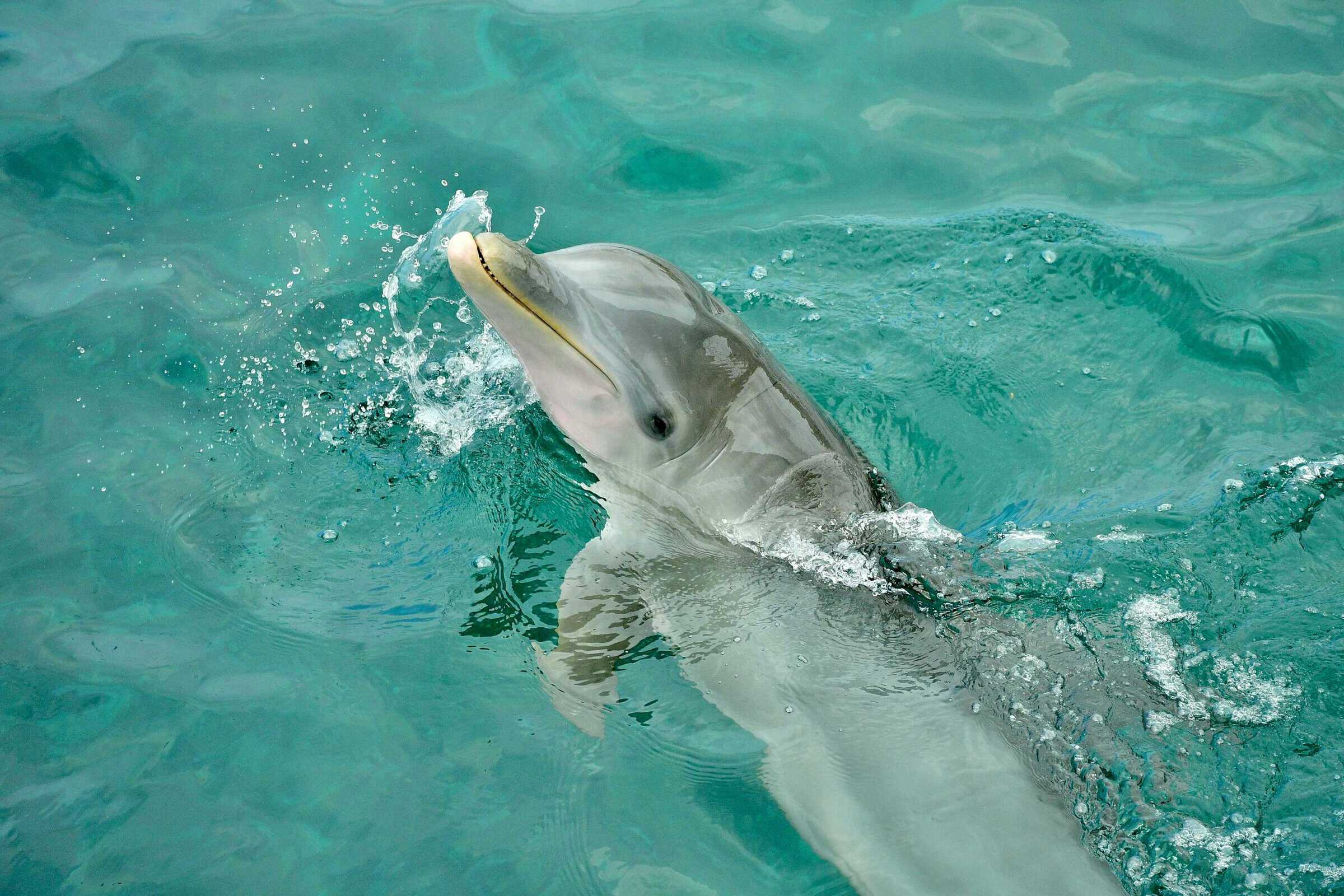By Alana Bailey
Shark and whale watching are popular tourist activities these days, but dolphins are more commonly found along the South African coastline than whales and will therefore be easier to spot and study.
Although there are many species of dolphins in the Indian and Atlantic Oceans, there are only three species that are found close enough to the South African coastline to be seen easily and regularly. These are the bottlenose dolphin, humpback dolphin and the common dolphin.
Bottlenose dolphins are considered to be some of the most intelligent and emotionally intelligent mammals on earth. They are a large type of dolphin that weighs an average of 300 kilograms and can grow up to 4 meters long. Female bottlenose dolphins usually outlive the males and give birth after a gestation period of 12 months. There have been recorded cases of bottlenose dolphins who have lived to be over 60 years old!
There is a small community of humpback dolphins in the waters around South Africa. They are easily identified by the broad hump under their rounded dorsal fin. Unlike bottlenose dolphins, they are quite shy and will try to avoid people and vessels. They rarely grow longer than 2.5 meters and weigh an average of 120 kilograms. They are an endangered species.
Common dolphins are smaller – they reach a maximum length of 2.4 meters. They are not shy of company and will often be seen near people and boats. They may have a lifespan of over 40 years.
Because dolphins swim together in groups, are large, agile and intelligent, they do not have many natural enemies here apart from larger shark species. Nowadays, orcas are more frequently spotted in South African coastal waters. It is known that they hunt dolphins, but not whether this behaviour has been observed locally.
There are companies that offer dolphin-watching cruises, but note that dolphins in South African waters are protected by some of the strongest conservation laws in the world. For example, it is illegal to swim with them, yet tours that include swimming sessions are advertised. When you go looking for dolphins, make sure you know and obey the legislation. Also, don’t support tour operators who violate it.
Photo: Miguel Angel Arreola Perez/ Unsplash
Share on
Latest articles




















